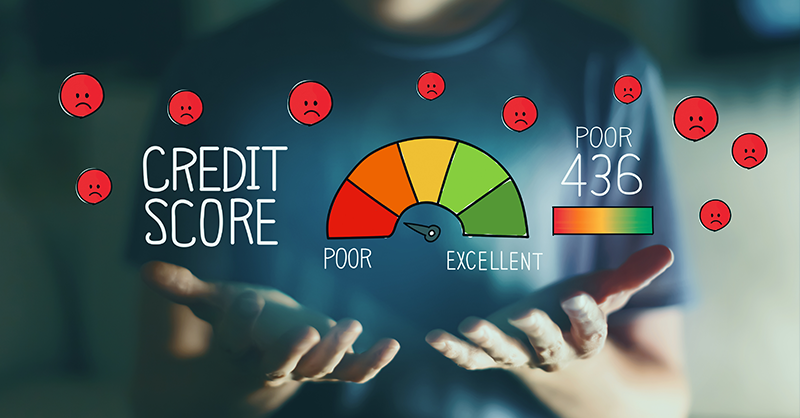
In the world of personal finance, few things can haunt individuals as persistently as a default on their credit record. This black mark, often the result of missed payments or financial hardship, can linger for years, affecting one’s ability to secure loans, mortgages, and even employment. However, the severity of this penalty, particularly the six-year duration commonly applied, is increasingly being called into question. Is it truly fair to penalise individuals for such an extended period, especially when their financial woes may be temporary?
Is is fair a default remains on your credit report for 6 years?
Defaulting on payments is a serious matter, and lenders understandably need mechanisms to protect their interests. Yet, the current system often feels disproportionate, particularly in cases where a borrower misses payments due to unforeseen circumstances such as job loss, illness, or other personal crises. For these individuals, the repercussions of a default can be devastating, exacerbating their already challenging circumstances and hindering their ability to recover financially.
Consider this scenario: a person falls behind on loan payments due to a sudden illness that leaves them unable to work for several months. As they focus on recuperating and eventually return to employment, they find themselves facing the daunting prospect of a default tarnishing their credit record for six long years. While their financial situation may improve significantly within a year or two, the shadow of that default continues to loom large, limiting their access to essential financial services and opportunities.
A fairer method for defaults
It’s time to reevaluate the duration of defaults and introduce greater fairness and flexibility into the system. A more proportional approach could involve reducing the duration of defaults to better reflect the circumstances that led to missed payments. For instance, a default could remain on a credit record for a shorter period, perhaps two to three years, allowing individuals to rebuild their financial standing more quickly once they’ve overcome their challenges.
Furthermore, the process by which defaults are initiated should be more transparent and accountable. Currently, borrowers may not always receive adequate notice of impending defaults, leading to confusion and frustration when they discover the repercussions after the fact. To address this issue, lenders should be required to send default notices via recorded delivery, ensuring that borrowers are properly informed of their situation and have the opportunity to take corrective action before it escalates.
Why aren’t default notices sent by recorded delivery?
Recording delivery serves multiple purposes. Firstly, it signifies the importance of the notice to the recipient. By requiring a signature upon delivery, borrowers are made aware of the gravity of the situation and can take immediate steps to address any outstanding issues. Secondly, it provides a clear record of communication between the lender and the borrower, reducing the likelihood of disputes or misunderstandings down the line. And finally, it ensures that borrowers are not unfairly penalised due to administrative errors or lapses in communication.
Implementing these changes would promote a fairer and more equitable credit system, one that recognises the complexities of individual circumstances and provides support rather than punishment to those facing financial difficulties. By reducing the duration of defaults and enhancing the transparency of the process, we can help individuals overcome temporary setbacks and regain their financial footing more swiftly. After all, a system that is truly just should strive to uplift and empower individuals, not condemn them to years of financial hardship for a temporary lapse.
What are your thoughts?
Is 6 years too long for a default to remain on your credit report?
Has anyone been able to get a default removed?



No Comments